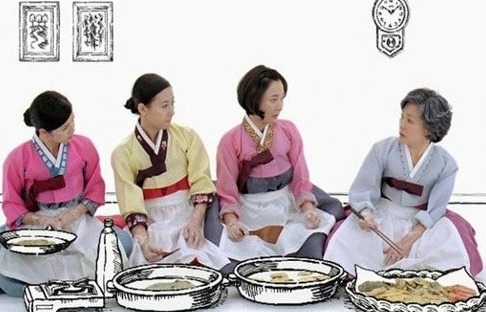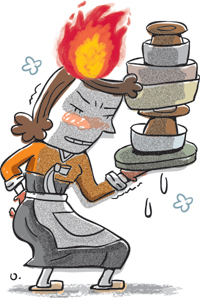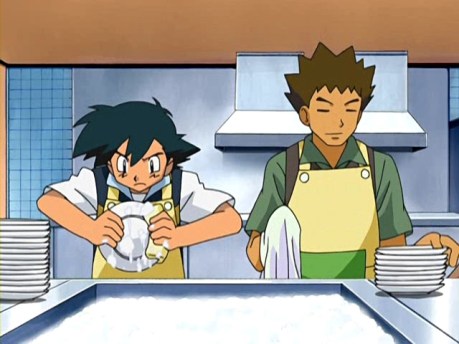It’s 2016!
I start blogging since last December as a part of my PhD project, ‘Smart Ajumma’. In this blog, I would like to introduce various photos of ajummas in Korea and the blog posts are more similar to written records like diary rather than academic thesis. I hope people in Korea and anywhere get chances to comprehend who ajummas are and redefine what ajummas are through having interactive communication on this blog for example making comments. So please come to this blog often and feel free to share your ideas about ajummas or Korea. Happy New Year again!
I went to Namdaemun Market today. Namdaemun Market is always my favourite to visit since I was very young (with my mum). There are small old shops in every alley ways and especially I loved to buying some imported snacks (e.g. sweets from USA) in Namdaemun. These days I can find them everywhere but it was rarely sold when I was very young.
Going to Namdaemum Market is not difficult by public transport (e.g. bus) from my town. Whenever I go to Namdaemun Market, I can have a chance to visit variety of shops in Myeong-dong because they are located close with each other. In addition, I can see many ajummas in Namdaemun Market especially a small shopping mall that is called ‘Common Plaza’. They sell mostly women’s clothing especially for middle-aged women, ajummas, whose age range is around over 50. Whenever I visit there, I never seen a male or a younger female customer except me.
In that shopping mall (it is located in Namdaemun Market), I feel like I’m visiting an island of ajummas. It looks like someone bring all of those ajumma customers from somewhere (special planet) we never been before. So many ajummas with having similar hair styles, fashion styles and even body figures! (similar height etc.)


Unfortunately, I couldn’t see many ajummas today because the weather wasn’t good and I arrived there almost at closing time (1:30 pm). For this reason, I headed to the street stall where it sells red bean porridge nearby that shopping mall. There are no table neither chair but customers still can enjoy their porridge. And most customers of this porridge stall are ajummas. Thus, I brought my porridge and leaned against the wall like other ajummas also do.
Then, a young male was selling cosmetics to those ajummas who were having red bean porridge. Those ajummas looked like over 50 and 60 years old. That young male seller said,
“Nuna! (older/big sister) You have pretty face! Why don’t you concern ‘skin care’ with this product! I guarantee you will be look like 10 years younger than your actual age with using this product!”
Ajummas were laughing together and one of them bought a facial cream from him. This ajumma asked the young male seller taking a selfie together and they took a photo with her smartphone. (Well, that young male seller is a lesser-known comedian so this ajumma wanted to take a selfie together). After selling a facial cream to one of ajummas, he left that place and said to ajummas,
“Nuna! I hope to see you all for next time again!”
Ajummas continued to eat red bean porridge and talked about that comedian who sold cosmetics few minutes ago. I really enjoyed that situation as an observer. How amazing this situation is! The ajummas and a young male seller who wanted to sell cosmetic products to ajummas! He called ajummas as ‘Nuna!’ instead of ‘Ajumma!’ and those ajummas were happy to be called as ‘Nuna!’ rather than ‘Ajumma’.
Yes, ajummas are women. If he call them, “Ajumma!”, was he still able to sell the facial cream? I think these ajummas felt happy because that young male seller call them as ‘Nuna’. Of course these ajummas know this young male seller call them as ‘Nuna’ because he tried to make these ajummas happy as a sort of marketing strategies. However, ajummas still enjoy that moments through communicating with other ajummas and a young male seller.
Why ‘ajumma’ became an unwelcome word to be called among women in Korea?












